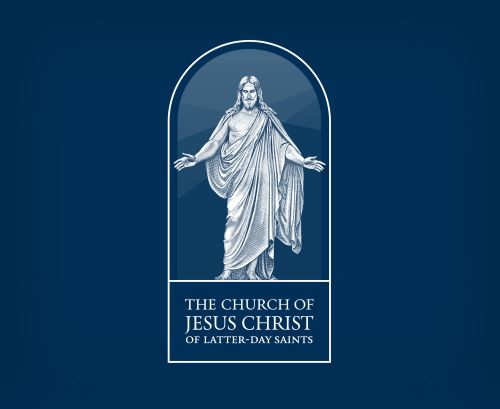"The words we use in speaking to someone can identify the nature of our relationship to that person. They can also remind speaker and listener of the responsibilities they owe one another in that relationship. The form of address can also serve as a mark of respect or affection."
Members of the Church of Jesus Christ of Latter-Day Saints, elder Oaks, Divine language: thee, thou, thine, etc.
Ironically, and confusingly for many members of God's family, there is a hidden divine intimacy in biblical language (a phrase that I've borrowed from a Roman Catholic web author -- Joe Heshmeyer) that many look down-on or even disdain. "Modern English conceals the intimacy with which we can speak to God" that almost all speakers of Romance languages (Italian, Spanish, French, Portuguese, and Romanian) understand, inherantly (because that is the language that they were born speaking and continue to speak trough their childhood) that there are two differnet pronouns to expres a formal or an informal relationship.
When you are learning or grow-up speaking one of these languages (and I am familiar only with this because I speak italian) there is a "mode" of speaking to another person that is understood as defining of a level of intimacy with that person. For example, if you start a conversation with a stranger, you would never use an informal mode or speak with them informally, as if they were part of your family, just as I found that one would never address a child (small or not) with formal speach--they would not understand you and may be frightened and run away! Using a proper congugation of speech completely changes the way that speakers are understood.
This being the case, it only made perfect sense that children and young missionaries learned to talk to or address their Father in Heaven using an informal mode or tense, as a child/Father would use.
The irony, mentioned earlier, comes when misgueded prayers are formed by those wanting a more intimate relationship yet using a very impersonal language.
"Many people, especially of the older generation, have always assumed that the usage of "thee/thou" is purely formal, or even gold-plated formal, and that "you" is informal, or inferior to "thee." In 1951, I, too, believed that "thee/thou/thine" stood for reverential formality; after all, the venerable King James Version used them, did it not? But I had overlooked the fact that "thy" was used informally. In Luke 8:30 we read (KJV): "What is thy name? And he said Legion." In Matthew 1:20 the angel speaks: "Fear not to take unto thee Mary thy wife."
Contrast this usage with "you": "For the poor always ye have with you" (John 12:8). "Blessed are ye when (men) shall revile you" (Matthew 5:11). "For I say unto you..." (Matthew 5:20). The use of "you" in these cases is plural."
...it can be rightly said that when the informal/intimate usage of "thee/thou" slowly lost ground in spoken English, a few centuries ago, the formal "you" gained general acceptance at the same pace. With the loss of "thee/thou," the distinctions of the English address forms slowly faded away, and the use of "you" became more and more prevalent and generic."
JPS

